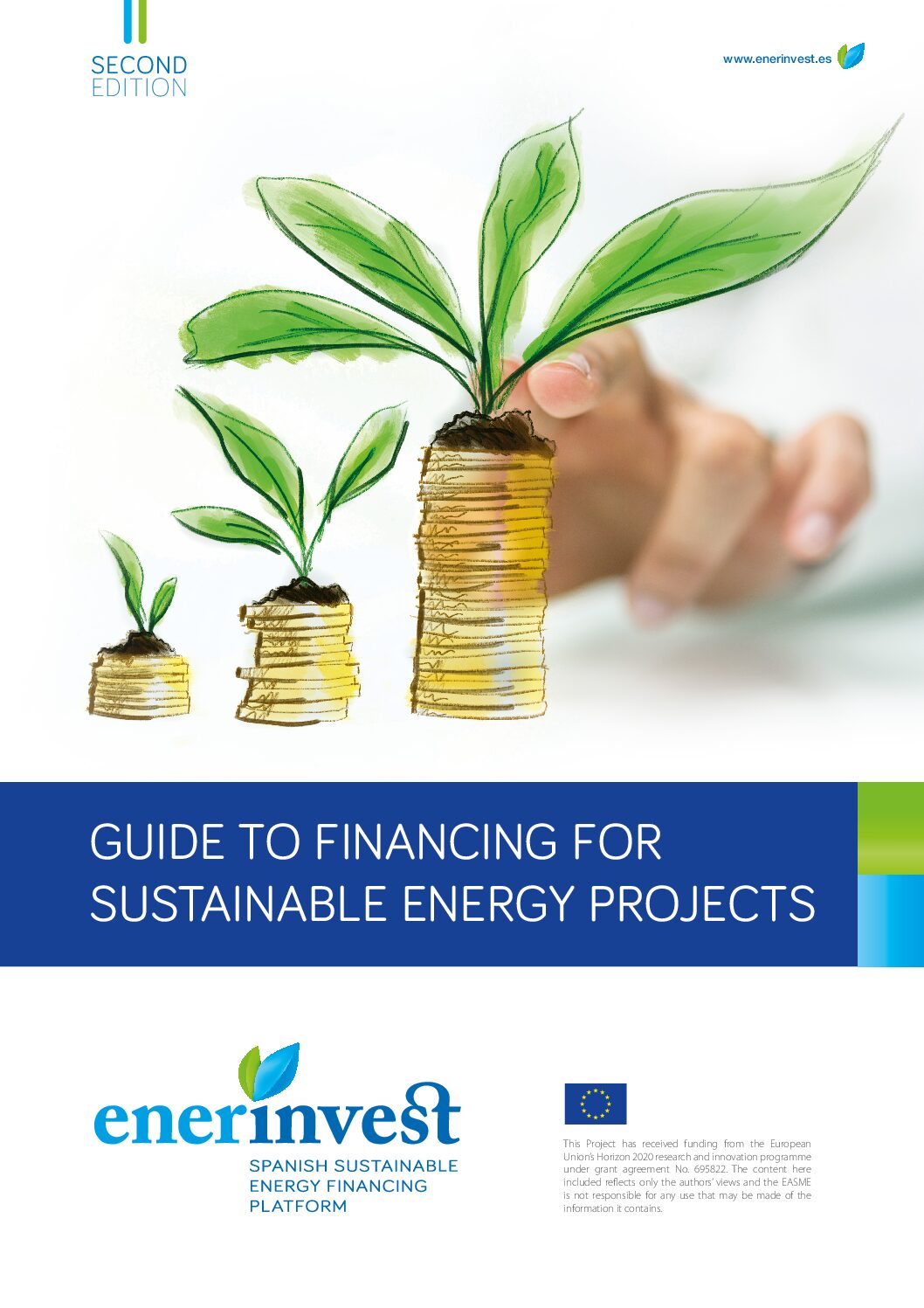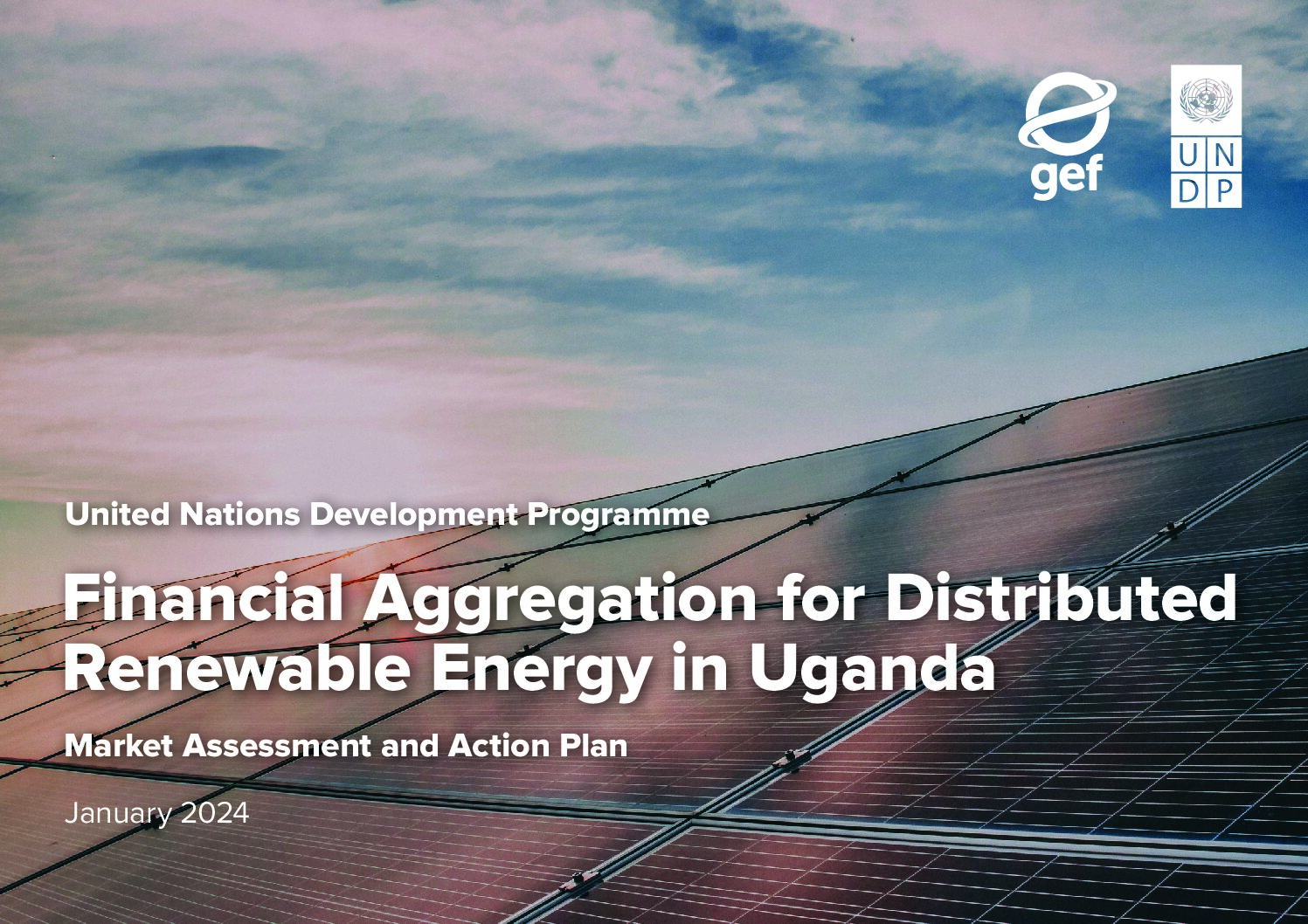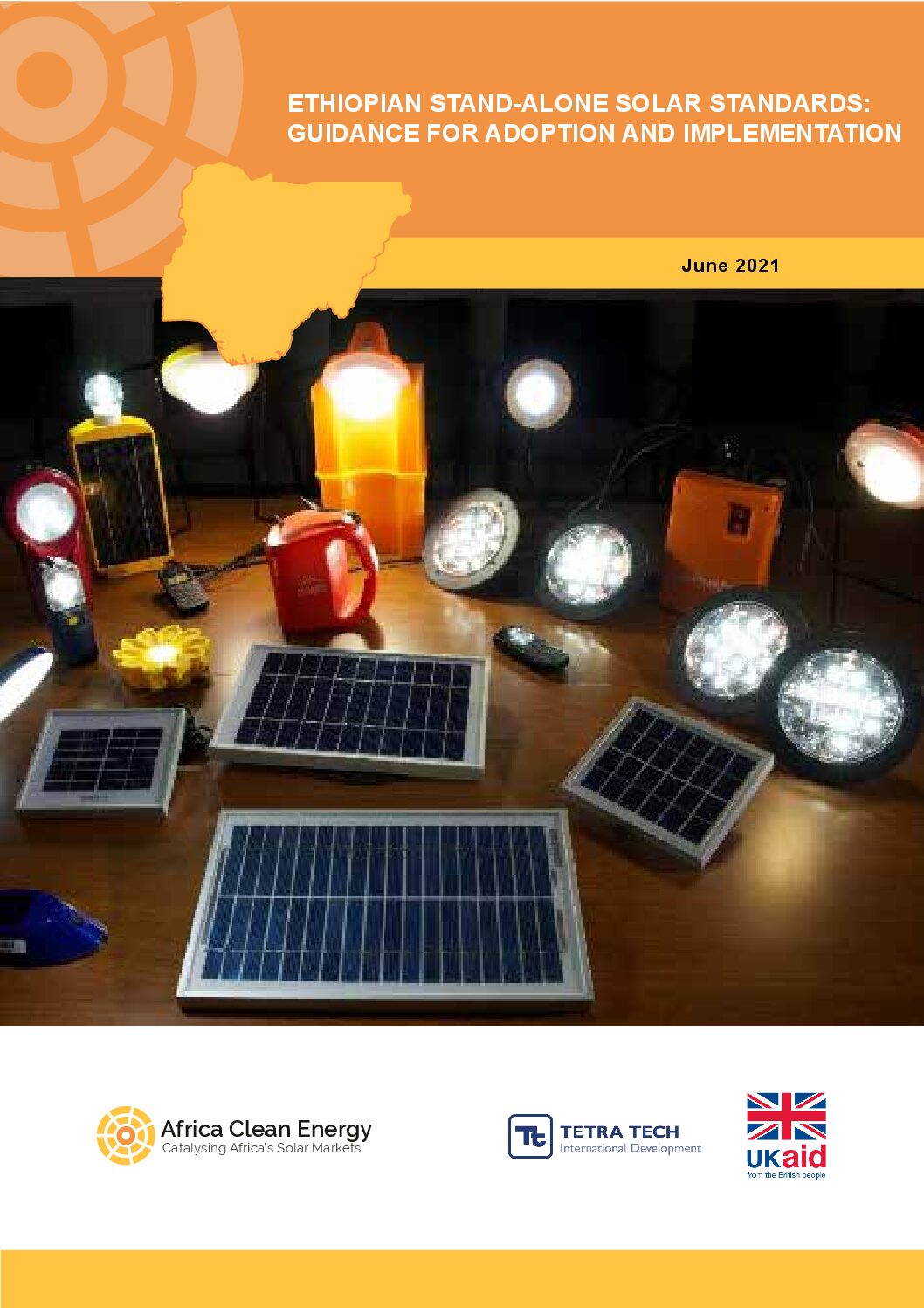This report identifies the main risks and barriers limiting investment in the energy transition, supplying a toolkit for policy makers, public and private investors, and public finance institutions to scale up their investments in renewable energy.
This journal article describes risks and mitigation strategies in renewable energy investment.
This guide provides an overview of aspects to consider in the development and financing of a renewable energy project, both for public of private promoters and investors. English: https://www.ecoserveis.net/wp-content/uploads/2021/05/Guide-to-Financing-of-Sustainable-Energy-Projects-2nd-edition.pdf Spanish: https://www.ecoserveis.net/wp-content/uploads/2019/04/guia-para-la-financiacion-de-proyectos-de-energia-sostenible-2a-edicion.pdf
Derisking Renewable Energy Investment (DREI) introduces an innovative, quantitative framework to assist policymakers in developing countries to cost-effectively promote and scale-up private sector investment in renewable energy.
This report describes the potential for financial aggregation to unlock new sources of capital for off-grid solar and e-mobility projects in Uganda.
This report discusses potential social and environmental risks associated with the roll-out of the GETFiT renewable energy investment programme in Zambia, as well as mitigation measures.
This handbook examines financing mechanisms suitable for the renewable energy access sector in Madagascar, and provides advice on preparing financing applications.
This paper provides general guidelines for conducting Environmental Impact Assessments for waste-to-energy projects.
This document provides recommendations to guide relevant stakeholders in the development and implementation of a quality assurance (QA) framework for stand-alone solar (SAS) products in Ethiopia.
This page presents quality standards for solar home system kits in various versions and languages.





